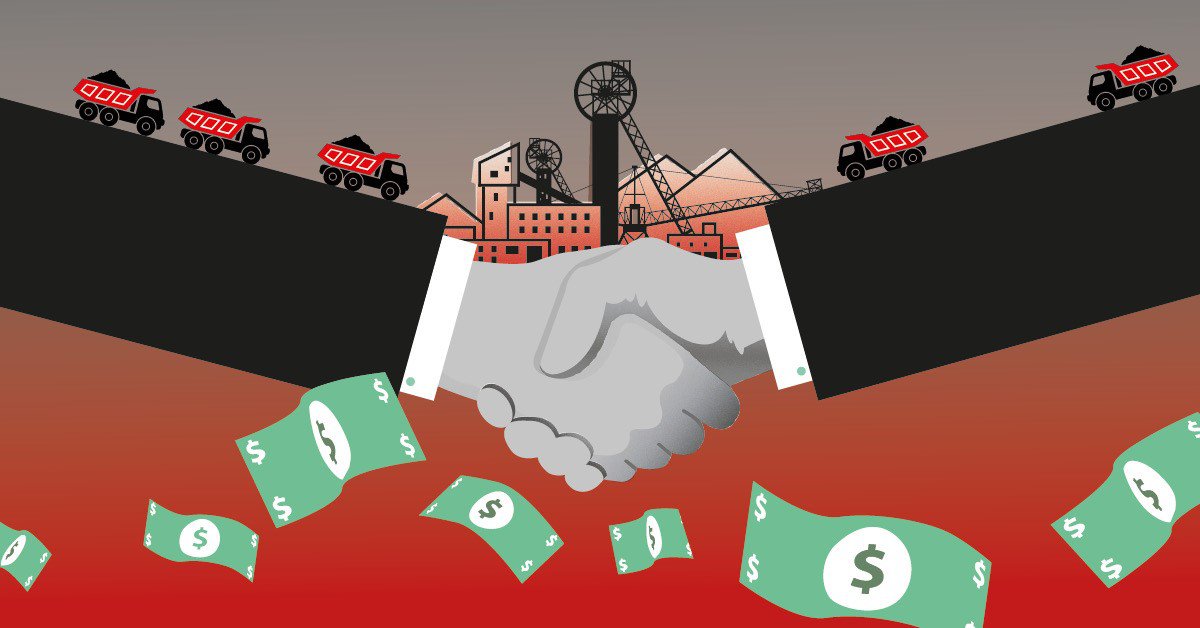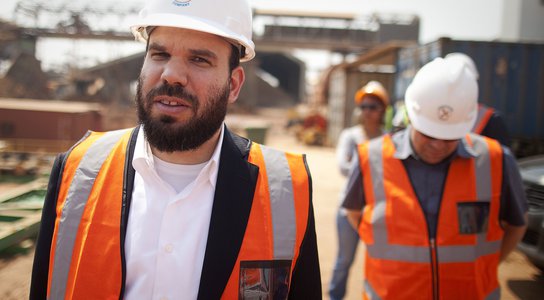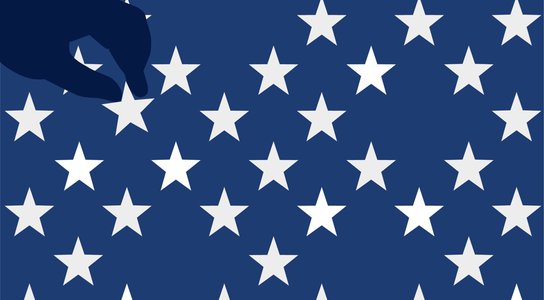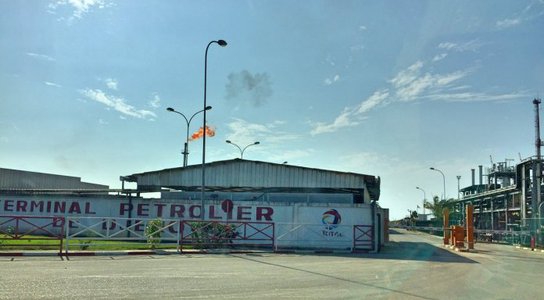
Update: the Report was amended on 14 October 2020 to reflect further information provided by Rulvis Congo SAS.
In December 2017, controversial mining magnate Dan Gertler had a problem. The United States had just sanctioned him for making his fortune through “corrupt mining deals” in the Democratic Republic of Congo (DRC), with the intention of ending Gertler’s lucrative career brokering deals between the Congolese state and some of the world’s largest multinational mining companies.
US sanctions against Gertler were set to not only destroy his reputation, but also proscribe American individuals, banks and companies from entering into business with him. In our globalised economy, where most transactions are carried out in dollars via US banks, this meant that even non-American entities would have to avoid doing business with Gertler. For an international businessman like Gertler, these sanctions should have come as a financial death sentence.
However, our joint investigation with the Platform for the Protection of Whistleblowers in Africa (PPLAAF) suggests that Gertler may have been able to evade US sanctions and continue to operate freely in DRC’s mining sector. His close connections to those with power and influence in DRC could have helped allow him to continue doing business, as has his apparent use of an international money laundering network.
Key findings
- Dan Gertler has seemingly used an international money laundering network stretching from DRC to Europe and Israel to evade US sanctions. This network likely helped him funnel millions abroad and retain access to DRC’s mining sector.
- Two Congolese companies that may be proxies for Gertler secretly acquired new mining permits in the months leading up to the 2018 Congolese elections. These permits were granted by state-owned mining company Gécamines.
- Evidence suggests that Afriland First Bank was central in setting up any scheme that may have enabled Gertler to evade US sanctions
- Large mining companies including ERG and Sicomines continue to do business with a company still likely linked to Gertler, despite US sanctions against him.
- Commodity giant Glencore has continued to pay Gertler millions of euros after sanctions were imposed.
Gertler in DRC: A brief history
Gertler made his fortune by acting as a gatekeeper to DRC’s mining sector. International mining companies seeking access had to work with Gertler, and many were willing to do so since DRC is home to many valuable natural resources, including diamonds, gold, copper and coltan.
DRC also possesses the world’s richest deposits of cobalt, a key mineral used in electric vehicles and other renewable energy technologies, which most economies will rely on to help tackle the climate crisis. Over the last 15 years, demand for cobalt has boomed and the world’s appetite for Congolese reserves brought much hope for development and significant future state revenue.
Yet despite its mineral wealth, DRC is one of the world’s poorest countries, with over 72% of the population living on less than $2 a day. Corruption and mismanagement mean that revenues from mining in DRC far too often end up in offshore bank accounts rather than in the country’s Treasury, meaning the Congolese people miss out on the rewards that the country’s resources should bring.
Gertler and other individuals and companies about which Global Witness and PPLAAF found evidence suggesting concerted efforts to undermine the sanction have each strenuously denied any such endeavour. There has not been, they argue, an attempt or a conspiracy to evade sanctions but simply legitimate business operations, not linked to Gertler or sanctions-evasion. Glencore, Sicomines and ERG also deny wrongdoing and doing business with Gertler in violation of US sanctions.
The DRC government, competent authorities in other relevant jurisdictions and multinational companies must act now to ensure that the revenues from DRC’s mining sector are managed responsibly. These revenues should benefit the Congolese people and contribute to funding much-needed infrastructure and public services, instead of being siphoned off for the private benefit of a few suspect businessmen and politicians.Recommendations
- The DRC government should adopt provisional measures against Gertler and instruct the seizure and freezing of all property belonging to him.
- The DRC should also halt and publish all deals with Gertler and commission an independent audit of all state-owned mining companies, including Gécamines.
- The US authorities should investigate those who facilitated or colluded with Gertler to evade US sanctions, and those who continue to do business with him; and if found to violate US law, take action against them when evidence of wrongdoing is found.
- The EU must address the loopholes that have allowed the EU to become a safe haven for tainted money linked to Gertler by ensuring its proposed ‘Magnitsky’ sanctions regime includes corruption as a criteria. It should also strengthen legislation on company ownership and beneficial owner disclosure.
- International mining companies must halt all business with or payments to Gertler, and be held accountable for any deals with Gertler by relevant government agencies around the world.


